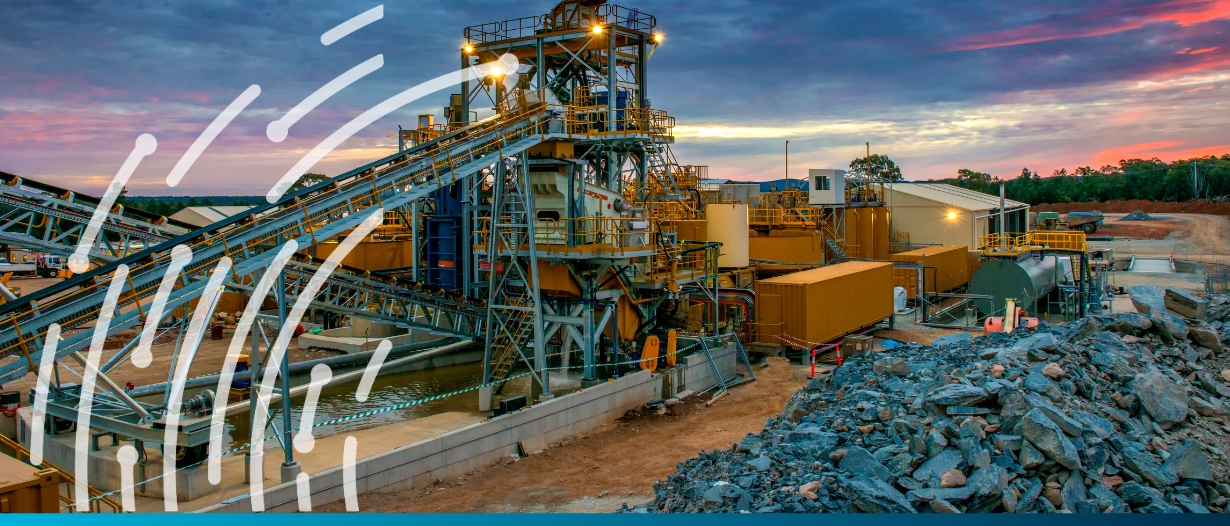Aterian, a London-listed metals-focused exploration and development firm, said on Wednesday, 23 April, that it had secured a trade finance agreement with a “global commodity trading and financial house” to fund mineral consignments in Africa.
The five-year trade finance facility is expected to help Aterian transition from an exploration-focused company to an operational trading entity, reducing its reliance on equity financing and accelerating expansion in its African operations. The trading facility will be used to fund tantalum, niobium, and cassiterite mining in Rwanda and its surrounding areas.
Tantalum and niobium are critical raw materials known for their highly corrosion-resistant properties and used in electronics and metal alloys, while cassiterite is the principal source for tin metal.
Aterian has been expanding its metals and minerals mining operations throughout Africa, with projects in Rwanda, Morocco, and Botswana. Its mission to remain scalable and grow sustainably has seen it prioritise partnerships: a joint venture with Rio Tinto to explore Rwandan lithium mining, established in 2023, is expected to produce results soon and may lead to the development of a combined lithium, tantalum, niobium, and tin mining operation in the country.
Aterian was established in 2011 to find and develop mineral mining opportunities across Africa and support ethical supply chains to support the transition to sustainable energy production. In January 2024, shortly after the Rio Tinto deal, the firm acquired a majority stake in Atlantis Metals, which holds mineral prospecting licenses for silver, copper, and lithium brine in Botswana.
The firm’s stock on the London Stock Exchange has fallen by 28% over the past year, hitting a one-year low this month. Concerns over its supply chains and its reliance on Chinese imports have worried investors, especially in light of the US’s recent trade war with China and US President Donald Trump’s threats to impose further tariffs on rare minerals.
The trade finance agreement comes as mineral exploration and trading are becoming global priorities. Trump has repeatedly framed military aid to Ukraine in terms of mineral mining, and the two countries are reportedly in the process of negotiating a deal on rare earth mineral licenses in exchange for further US support.
Minerals and critical raw materials like lithium, tantalum, and niobium are becoming more and more crucial to the global economy as they are used in the production of microprocessors, quantum processors, and EV batteries.
The mining and trade of these critical minerals will become increasingly important as new technology, especially quantum computing and AI, continues to grow; they will also be crucial to enabling renewable energy to expand at scale.
However, their exploration and mining are fraught with geopolitical difficulties: several mineral-rich countries are embroiled in conflict, and many mineral mining companies are vulnerable to child labour and modern slavery accusations due to their complex, hard-to-monitor supply chains.
Investment in mineral exploration firms, including through trade finance facilities, will become more and more important to supporting sustainable mining as the world’s economy becomes increasingly reliant on minerals’ potential.





























